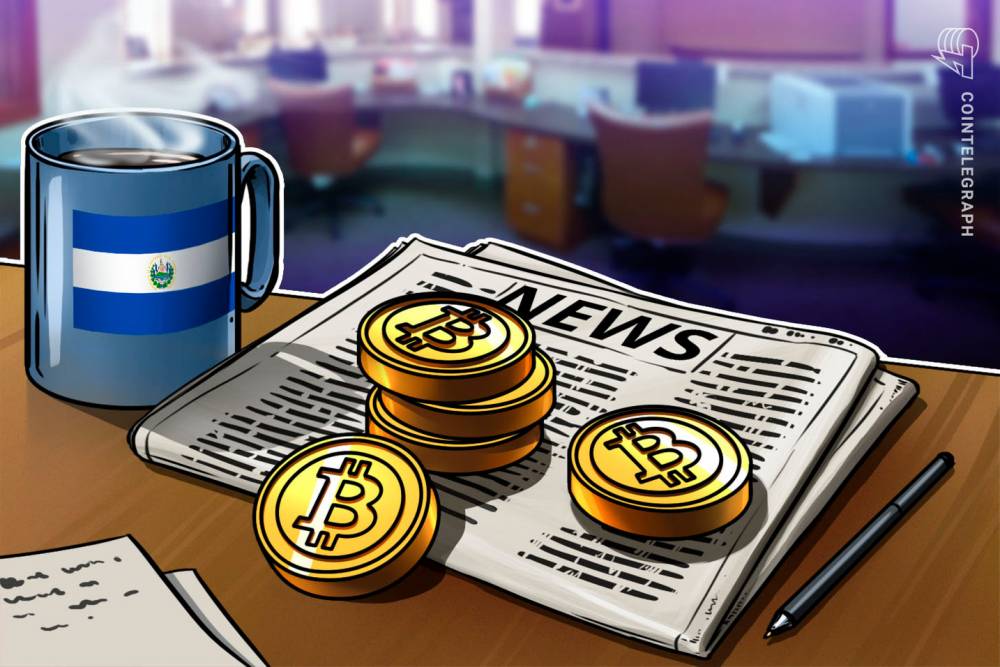
Bitcoin suffers significant setbacks in El Salvador, as the opposition party and citizens protest the currency adoption
Bitcoin suffers significant setbacks in El Salvador
The Farabundo Mart National Liberation Front, one of El Salvador's major opposition parties, has filed a lawsuit opposing the country's adoption of bitcoin as legal tender.
El Salvador's legislature voted to make Bitcoin its official fiat currency on June 8.
Nayib Bukele, the country's president, engaged stakeholders and the general public in a Twitter Space event to emphasize the benefits of having both Bitcoin and the US dollar as legal tender.
Despite the positive response from cryptocurrency supporters worldwide, the announcement has encountered several drawbacks, diminishing the likelihood of widespread adoption.
One of the drawbacks is citizens' reluctance to accept Bitcoin as a form of payment. A poll conducted by El Salvador's Chamber of Commerce and Industry found that 1,600 people responded positively to the prospect of trading with bitcoin within four days.
The findings indicated that at least eight out of ten people are opposed to making payments and receiving salaries in bitcoin. 43% of those who responded to the query identified as entrepreneurs, while 57% identified as non-entrepreneurs.
A sizable proportion of entrepreneurs with small and medium-sized businesses indicated that they would prefer the option of accepting bitcoin or not. Additionally, 92 percent of non-entrepreneurs expressed reservations about being compelled by law to accept bitcoin and would prefer to have the option of accepting or rejecting it.
As a result of the survey's findings, one of the government's major political opponents, the Farabundo Mart National Liberation Front (FMLN), has filed a lawsuit seeking to overturn the current administration's bitcoin law.
Jaime Guevara, an FMLN legislator, led the suit alongside other citizens. One of the plaintiffs, scar Artero, stated that the bitcoin law is unconstitutional. Additionally, he stated that the law failed to consider the law's significance and detrimental effects on the country.
In Conclusion
El Salvador's plans to adopt bitcoin hit a snag on June 17, when the World Bank declined to assist with the adoption process. While the government has stated that the cryptocurrency is not intended to replace the US dollar as legal tender, the World Bank has stated that the cryptocurrency has environmental and transparency flaws.
Recall that authorities in the United States recently launched an investigation into Binance's operations in an attempt to identify those using it to launder money in the country. There have been instances of cryptocurrency being used for illegal transactions, including holding popular companies like the Colonial Pipeline's digital records hostage.
The difficulty associated with transaction transparency is one of the reasons why El Salvador's citizens are concerned about bitcoin adoption.
The World Bank's reluctance, as well as that of a sizable portion of El Salvador's population, means that grandiose plans to promote crypto as the country's fiat currency may fail to gain traction. Bitcoin prices continued their downward trend today, falling below $30,000 and reaching a low of $29,880. It is currently trading slightly above $31,000 at the time of writing.
Courses and Certification
Fintech - Financial Technology Course and Certificate
Bitcoin Course and Certificate
Blockchain Technology Course and Certificate

